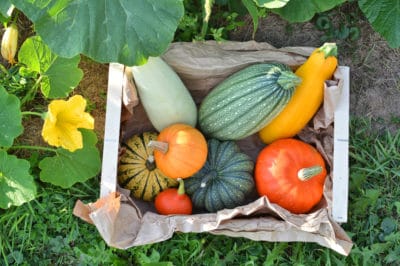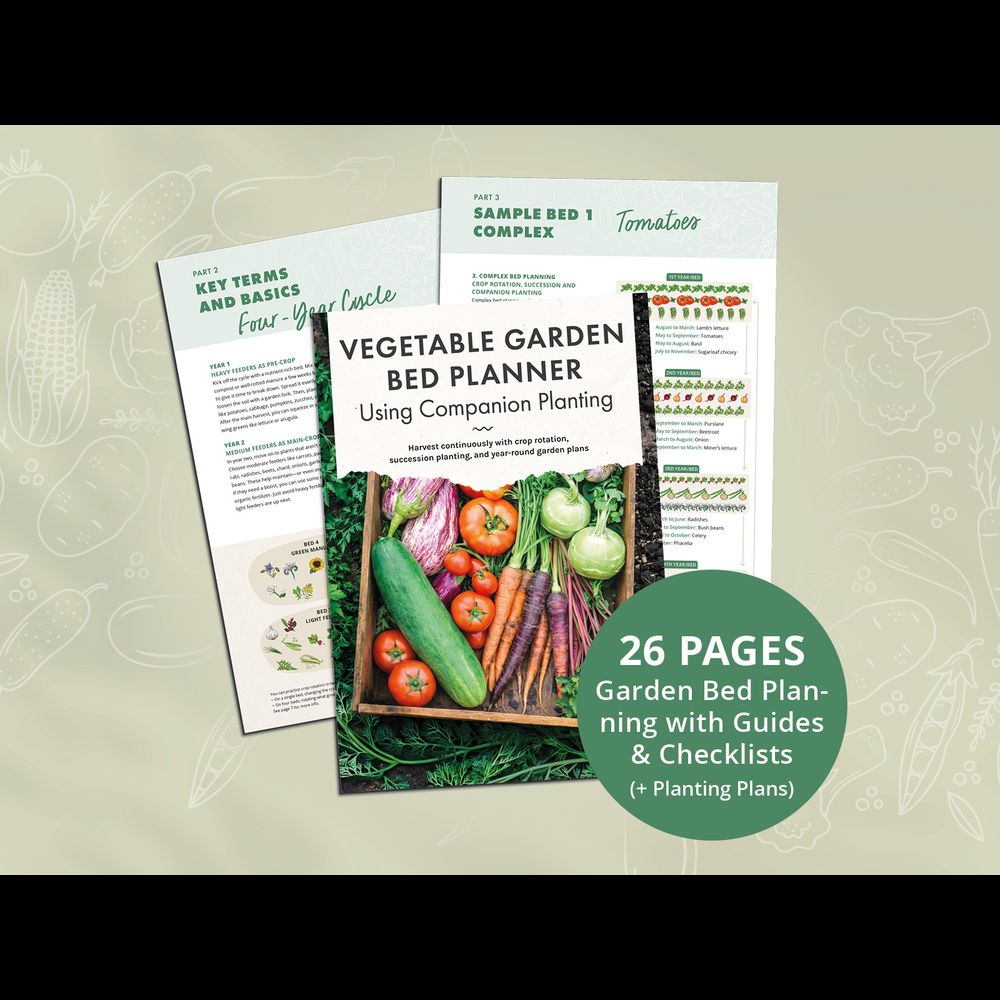Corn and Beans
Some native American Indians planted squash, beans, and corn together in a mound. Corn, used for supporting the vining squash and beans, is planted in the center of the mound before the other two crops. When the corn is about five inches high, the beans are planted. About one week later squash is planted on the outside of the mound.
This method of gardening is often referred to as the “three sisters”. Each of the three crops benefits the other crops. Here are some of the benefits:
- Bean plants in the middle add nitrogen to all three crops.
- Squash vines winding up corn stalks help hold up the vining beans.
- The large squash plant leaves shade the soil, keeping the soil cool and moist.
- The prickly squash plant leaves may ward off raccoons from the corn stalks.
Marigold
The bright yellow and orange common or French marigold flowers repel harmful bugs such as squash bugs. These beautiful, fragrant flowers also attract beneficial insects like hoverflies. The larvae of hoverflies eat aphids and other insects. The adult hoverfly is also a pollinator.
Nasturtium
Another flower that is an effective companion plant to squash is nasturtium. This edible flower, rich in vitamin C, is an attractant to pollinators such as hoverflies. The nasturtium is also known to repel squash bugs and cucumber beetles.
White Icicle Radish
The white icicle radish is a pre-1865 heirloom radish variety with a mild flavor. Some gardeners grow this 6-inch white radish only as a deterrent to pests. This radish is known to greatly reduce squash bug populations on squash plants. Simply plant about three white icicle radishes around each squash plant and let it go to seed.
Oregano
Oregano is an aromatic herb that can repel harmful squash pests. When planting near squash, keep in mind that oregano can spread causing crowding of plants.
Sunflower
Sunflowers attract many wild and domestic bees to the garden. Greater population of bees results in better pollination which produces more squash. Sunflowers also attract ladybugs, a beneficial aphid-eating insect.
Peas
Peas, like beans, add nitrogen to the soil. If planted near squash plants the added nitrogen will improve the growth of the squash plants.
Dill
Dill is a tall-growing, fragrant herb that attracts beneficial insects such as ladybugs and praying mantises. These insects can reduce the populations of many squash pests. It is a general companion to many plants including the squash plant.

